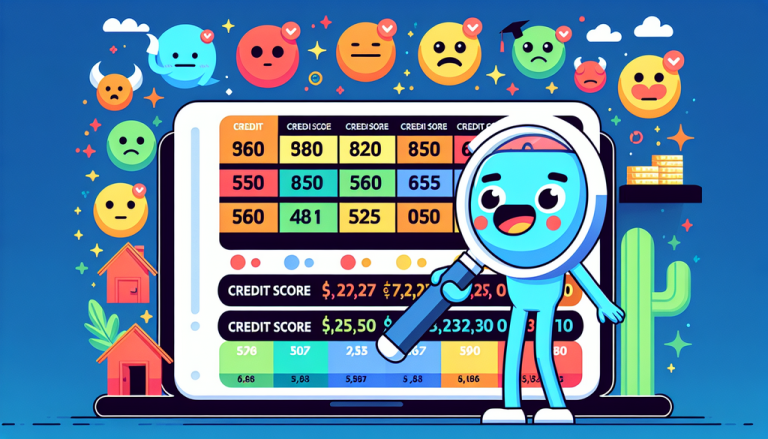Your credit score isn’t just a random number—it’s your financial reputation boiled down to three digits that can make or break major life opportunities.
The Real Impact of Credit Scores
Imagine walking into a bank, hoping to secure a car loan or mortgage, and being told “no” before you even finish your sentence. That’s the harsh reality for millions of Canadians with poor credit scores.
What Exactly Is a Credit Score?
Simply put, your credit score is a numerical representation of your financial trustworthiness. Ranging from 300 to 900, it tells lenders how likely you are to repay borrowed money.
| Credit Score Range | Financial Interpretation |
|---|---|
| 300-579 | Poor Credit |
| 580-669 | Fair Credit |
| 670-739 | Good Credit |
| 740-799 | Very Good Credit |
| 800-900 | Excellent Credit |
Why Should You Care?
- Lower Interest Rates: A strong credit score means cheaper loans
- Better Loan Approvals: Higher chances of getting financial products
- Rental Opportunities: Landlords often check credit scores
- Employment Prospects: Some employers review credit history
Canadian Credit Landscape
According to Equifax Canada, the average Canadian credit score is around 660. However, scores above 700 are considered excellent and open more financial doors.
Practical Tips to Improve Your Score
- Pay bills on time, every time
- Keep credit card balances low
- Avoid opening multiple credit accounts quickly
- Check your credit report annually for errors
Pro Tip: Monitor your credit score regularly through free services like Borrowell or Credit Karma.
The Hidden Costs of Ignoring Your Credit
A low credit score isn’t just a number—it’s a financial anchor that can cost you thousands in higher interest rates and missed opportunities.



